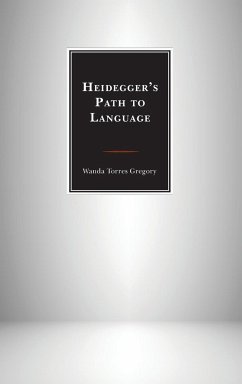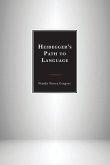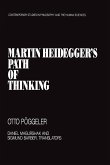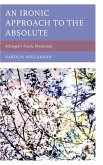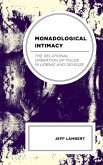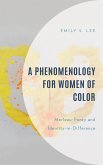With the recent publication of works from Heidegger's Collected Edition, it has become evident that language occupied a central place in his thought "from early on," as he claimed in his later years. Heidegger's Path to Language takes on the timely task of guiding us through the development of his reflections on language from his younger years as a doctoral student to the later period of being-historical thinking. Wanda Torres Gregory argues that Heidegger continually pursued the question concerning the essence of language in what he later called his "background" discussions. She proposes that the clue lies in his often implicit use of Aristotle's definition of logos-in terms of apophansis, synthesis, and phone-as the guideword for his thoughts on language. Torres Gregory uncovers three different stages of this buried path of logos that she correlates with his key philosophical principles at each step: the ideal of a pure logic, the existential analytic in the project of fundamental ontology, and the meditations on the appropriating-event. Her analysis of the constants and changes in Heidegger's way to language via logos continues with a systematic comparison of his different answers to age-old philosophical problems concerning how language relates to reality, thought, meaning, and truth. Torres Gregory concludes with a critique that unveils the later Heidegger's dogmas and inconsistencies and challenges his concept of the mysterious language of Er-eignis with an alternative (bio-linguistic) model of its appropriating force. Heidegger's Path to Language contributes to the scholarship in Heidegger, continental philosophy, philosophy of language, comparative literature, German studies, and linguistics. It is intended primarily for specialists in those fields and will thus be of interest mainly to college professors and graduate students.
Bitte wählen Sie Ihr Anliegen aus.
Rechnungen
Retourenschein anfordern
Bestellstatus
Storno

